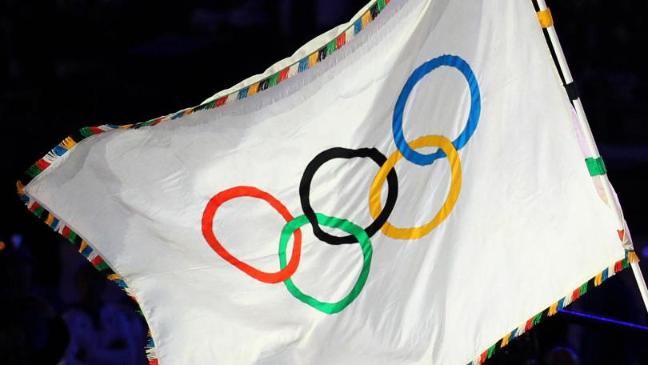The Olympics are truly a global event. Over 207 countries participated in the Parade of Nations, during the opening ceremony in Rio on August 5th. The International Olympic Committee even decided to compose a team of refugees to bring to light the worldwide refugee crisis. With that being said, coverage of the Olympics is no easy task. There are multiple aspects to the public relations behind the Olympics that the public are quick to pick up and critique.

WHO
NBC is the official platform for broadcasting and covering the Olympic games. There is a load of responsibility that comes with this. What parts of the Olympics should they cover? What time? The channel has not been off to a good start, with the lowest ratings of the opening ceremonies since 1992. The public made it known how upset they were with the delayed broadcasting, and commercials every 8 minutes. Popular sports such as gymnastics and swimming are not aired until 11pm, well past kids bedtimes.

WHAT
There have been prominent concerns with the Olympic coverage in the United States. The achievements of the female athletes have constantly been undermined by their male counterparts. When Hungary’s Katinka Hosszu broke a world record for the 400m race, NBC quickly panned to her husband and coach, owing her success to him. The girls gymnasts “could be standing in a mall,” when the camera showed them standing together. When American swimmer Katie Ledecky broke her own record, she was coined the “female Michael Phelps.”

WHERE
The media has not been very friendly when it comes to talking about Brazil as the host site for the 2016 Olympics. The government and economy of Brazil is not at an all time high in terms of stability, the rampant Zika virus, and toxic pollution. The state government in Rio de Janeiro declared a state of financial disaster this June.
A lot of these reports were soon overlooked as the Olympic games started, and the poor living conditions of the athletes then seemed to be the dominant narrative in the media. Athletes shared pictures of broken bathrooms to no electricity in the rooms. Is it easier to focus on the negative when it comes to cover stories because let’s face it, that news is juicy and interesting. The public can’t help but indulge in that kind of coverage. As soon as the living conditions could be reported on, the economic turmoil and Zika virus were completely forgotten.

That is to say there has been some positive coverage. Yusra Mardini, a Syrian refugee swam for over three hours to save a sinking boat, won the 100m race earlier this week. This has been an uplifting and inspiring story, spread globally. Kerri Walsh Jennings is a 37 year old, undefeated, mother of three, beach volleyball Olympian who is on track to win her fourth gold medal this summer. These stories have been covered in a positive light, and the public loves it! Let’s see what happens in the next four years, it is definitely plenty of time to change our angle on stories.

